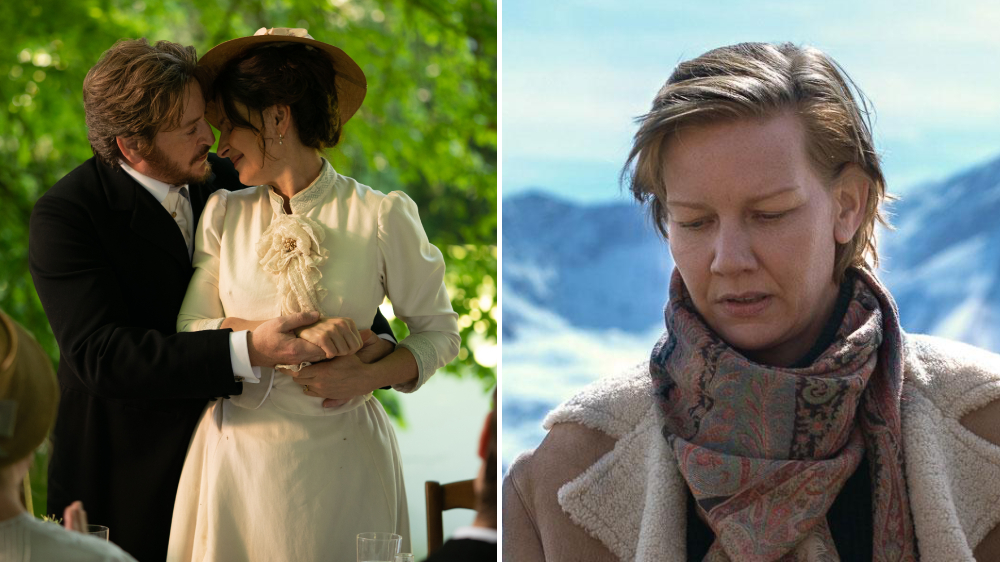In contemplating France’s cinematic landscape, even the most fervent enthusiasts of Gallic gastronomy and the luminary Juliette Binoche, famed for “Chocolat,” now find accord in the notion that Justine Triet’s “Anatomy of a Fall” possessed the cinematic prowess to end France’s three-decade-long drought in securing an Oscar for the best international feature—a hiatus enduring since Régis Wargnier’s “Indochine” in 1992.
While the past thirty years witnessed numerous French films earning Oscar accolades, none bore the mantle of being the official French Oscar submission. Michael Haneke’s “Amour,” despite securing the best foreign-language Oscar, represented Austria.
“The Artist,” a French-directed silent film, clinched five Oscars but was ineligible for the foreign-language race due to its release date. Conversely, “Anatomy of a Fall,” though snubbed by France’s Oscar committee, garnered seven BAFTA nominations and five Oscar nods, positioning it as a notable contender. Its counterpart, “The Taste of Things,” lost its standing after being shortlisted last month.
Foretelling signs emerged following “Anatomy of a Fall’s” Palme d’Or triumph at Cannes, establishing its dominance across prestigious fall festivals. Distributors Gaumont and IFC Films fervently championed “The Taste of Things,” yet it failed to match the fervor elicited by “Anatomy of a Fall.”
Despite the latter’s conspicuous strengths—significant box office success and alignment with Neon, the powerhouse behind “Parasite’s” triumph—it was unaccountably bypassed by the committee in favor of “The Taste of Things.”
The enigma lies in why “The Taste of Things,” a culinary romance featuring former lovers Binoche and Benoit Magimel, helmed by the lauded Tran Anh Hung, was favored over the more conspicuous “Anatomy of a Fall.”
Industry insiders suggest that some committee members viewed the voters for this category as archetypal, possibly disregarding the evolving demographic of Oscar voters, which is younger and more diverse. This oversight may have impacted the selection process.
Triet, recognized for her unfiltered and slightly eccentric intellectualism, remains an unconventional choice. Her modern brand of feminism, appealing to a younger generation, contrasts sharply with France’s older guard.
Her candid political discourse at Cannes, criticizing the government, cast a shadow over her success, leading to a backlash that reverberated for weeks. Despite the film’s commercial triumph, Triet faced criticism for utilizing subsidy money from the government she had criticized.
France’s Oscar committee, no stranger to missed opportunities, continues to navigate controversy. The committee’s past choice of Julia Ducournau’s “Titane” over Audrey Diwan’s “Happening” prompted a scandal, leading to a commission overhaul.
This year’s committee faced internal discord over the final decision, culminating in a narrow vote in favor of “The Taste of Things.” Calls for reforms to ensure a fairer decision process involve expanding the committee and implementing a point system that considers festival selections, reviews, and the U.S. distributor’s track record.
In the realm of cinematic decision-making, the evolving landscape demands nuanced considerations, and the French Oscar committee, amid discussions of potential reforms, reflects the ongoing transformation within the tapestry of film industry dynamics.
